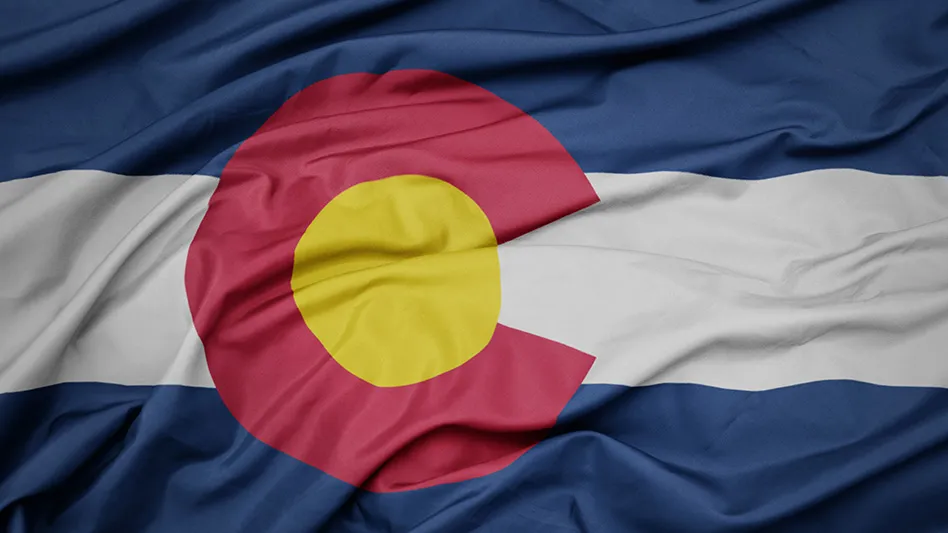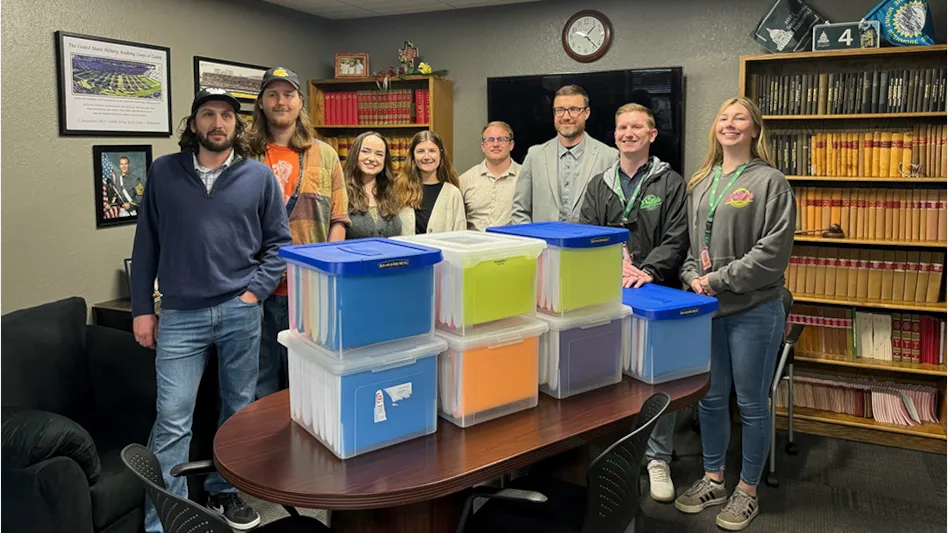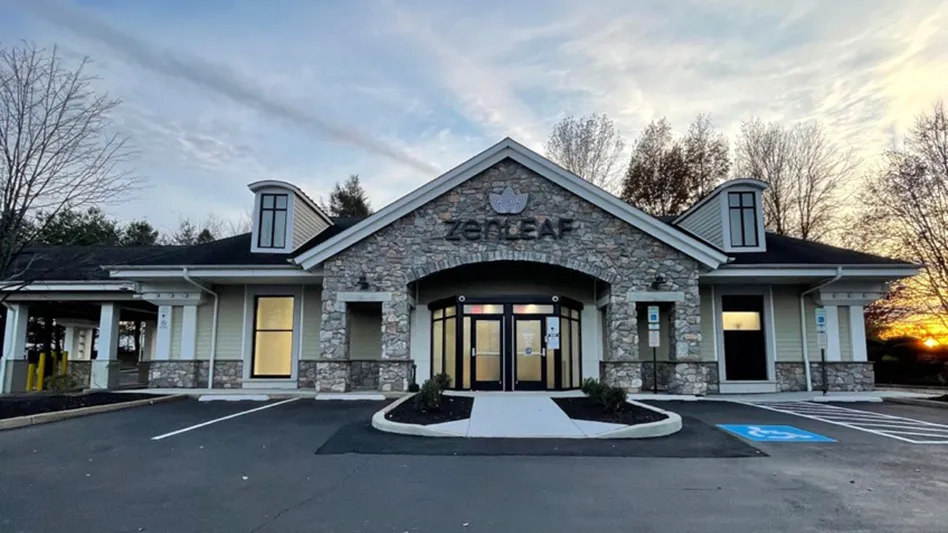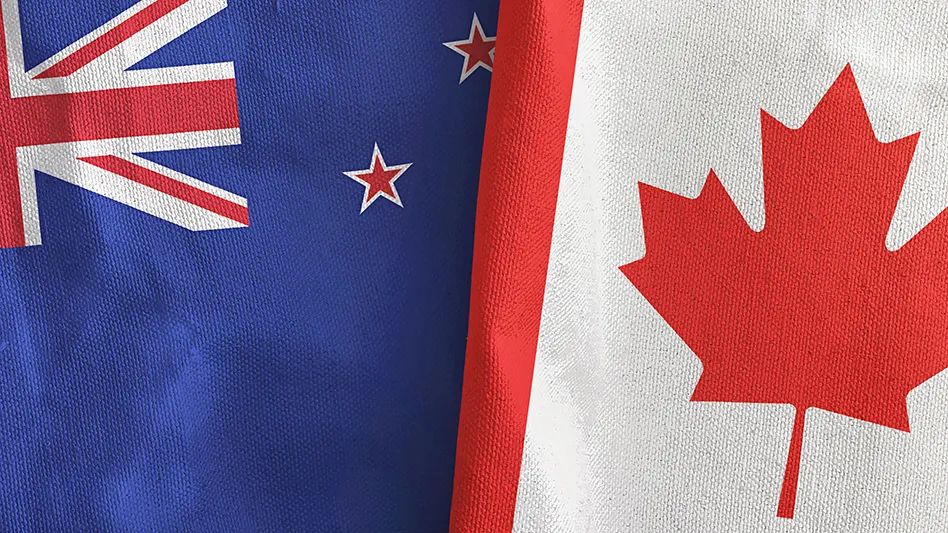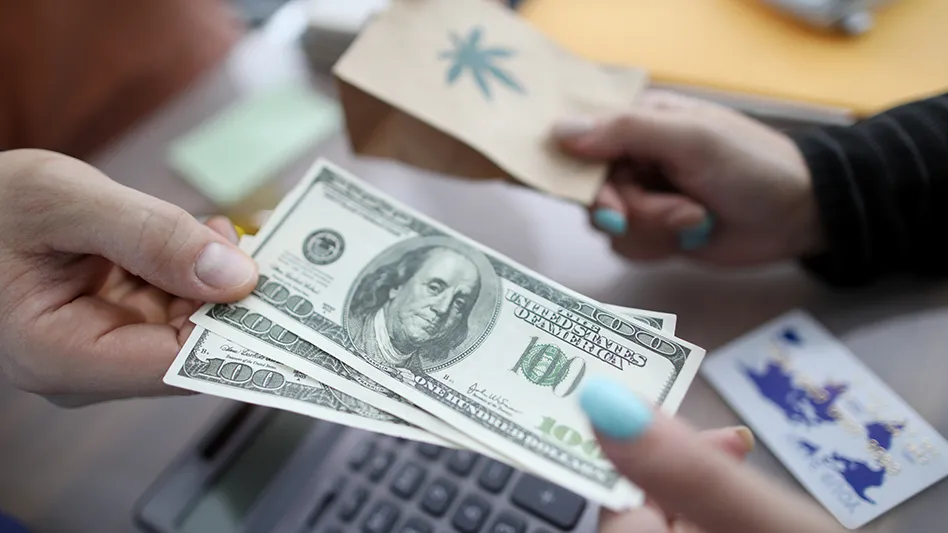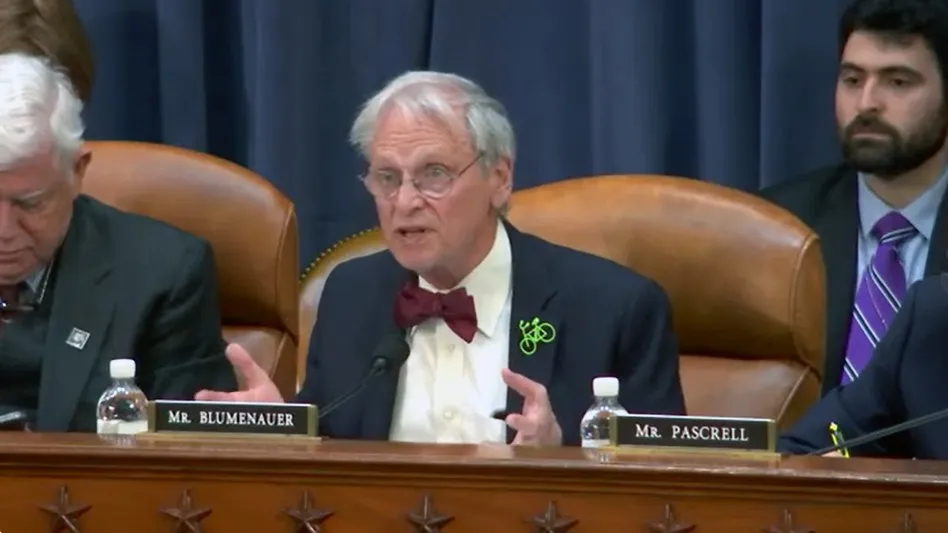
Vice President Kamala Harris called on the U.S. Drug Enforcement Administration (DEA) to act “as quickly as possible” on cannabis’s scheduling review and said cannabis’s classification is “absurd and patently unfair” in her opening statement during a White House closed-door roundtable discussion on criminal justice reform on March 15.
The roundtable was moderated by rapper and criminal justice reform proponent Fat Joe. Also in attendance were Kentucky Gov. Andy Beshear and several of those pardoned by the Biden administration for federal offenses of simple possession of cannabis, including Regional NORML Coordinator Chris Goldstein.
RELATED: VP Harris to Meet With Rapper Fat Joe, Others to Discuss Cannabis Criminal Justice Reform
While the roundtable discussion was closed to the media, Harris’ opening remarks were broadcast live.
“We have gathered today … to address specifically the injustices that we have seen in federal marijuana policy,” Harris said. “I said many times, I believe … nobody should have to go to jail for smoking weed. And what we need to do is recognize that far too many people have been sent to jail for simple marijuana possession. And the impact is such that, in particular, Black Americans and Latinos are four times more likely, four times more likely to be arrested … for marijuana possession. And the disparity is even larger when you talk about the subset of Black men and Latino men. So this is an issue that must be addressed. It is work that, again, I have done over the years. It is work that we are also doing as an administration.”
Harris outlined the actions taken by the Biden administration that are part of the three-step plan for cannabis policy reform announced by President Biden in October 2022.
“First, I will tell you that we have pardoned tens of thousands of people with federal convictions for simple marijuana possession,” she said. “And today we are joined by some of the pardon recipients so we can have a conversation about what this has meant for them as a model and inspiration for what we must do for many others who are not at this table. …
“Second, we have issued a call to action for states to pardon these types of offenses. [That’s] why I have asked the governor of Kentucky to be here, Governor Beshear, who has basically pardoned and has addressed the convictions of people in Kentucky with simple marijuana possession convictions. And they can now apply for pardons. So he’s going to talk with us about that as a model for what other states can and should do. And I challenge other states to follow his lead.”
Third, she noted Biden’s request for the Department of Health and Human Services (HHS) and the Department of Justice to review cannabis’s Schedule I federal drug classification under the Controlled Substances Act (CSA).
HHS conducted its part of the review and recommended Aug. 29, 2023, to the DEA that cannabis be reclassified to a Schedule III drug, and the final decision is now in the DEA’s hands.
“I cannot emphasize enough that they need to get to it as quickly as possible and we need to have a resolution based on their findings and their assessment,” Harris said. “But this issue is … stark when one considers that on the schedule currently marijuana is considered as dangerous as heroin. Marijuana is as dangerous as heroin and more dangerous than fentanyl, which is absurd, not to mention patently unfair. So I’m sure DEA is working as quickly as possible and will continue to do so, and we look forward to the product of their work.”
She said the work the administration has achieved so far “is important, but there still is much more to do.”
In a post on X following the roundtable, Harris wrote, “We must continue to change our nation’s approach to marijuana while reforming the justice system so it finally lives up to its name.”
Goldstein received a presidential pardon certificate earlier this year for a federal conviction of misdemeanor marijuana possession in 2014 “for smoking cannabis during a protest in an outdoor area of Independence Hall National Historic Park in Philadelphia,” according to nonprofit public advocacy group NORML. “Goldstein utilized his time with the vice president to bring further awareness to the presidential pardon process and emphasized the need for further federal reform, such as descheduling cannabis,” according to NORML.
“The three of us discussed the real-world impact of our federal marijuana convictions and the relief provided by these presidential pardons,” Goldstein said, according to NORML’s report. “Thousands of people are still eligible, and this event should help raise awareness for more people to apply. We represent the tens of millions of Americans who have been arrested for marijuana in nearly a century of prohibition. These presidential pardons are a powerful and meaningful action. They carry a tremendous power of goodwill—not just to those of us who received them, but for the entire country. These pardons are seen by people everywhere as tangible signs of the White House taking action on marijuana policy.”
Pre-Presidential Election Efforts Tout Campaign Promises Fulfilled
The roundtable discussion is the latest in several efforts by the Biden administration to suggest the president has fulfilled his campaign promise to: “decriminalize cannabis use and automatically expunge prior convictions. And, he will support the legalization of cannabis for medical purposes, leave decisions regarding legalization for recreational use up to the states, and reschedule cannabis as a schedule II drug so researchers can study its positive and negative impacts.”
At a speech at a Democratic dinner in Columbia, S.C., one week ahead of the South Carolina Democratic presidential primary on Feb. 3, Biden said, “I [kept] my promises when I said no one—no one should be in prison for merely possessing marijuana or using it, and their records should be expunged. A promise made and a promise kept,” as Cannabis Business Times (CBT) reported.
On Feb. 9, Harris released a 60-second campaign video on social media that touted, in part, the White House’s position on cannabis policy. “In 2020, young voters turned out in record numbers,” Harris said. “And, as a result, President Biden and I … we changed federal marijuana policy, because nobody should have to go to jail just for smoking weed. Elections matter and we have more work to do.”
A number of comments in response to the video said the Biden administration has not fulfilled Biden’s campaign promises, in part because “while Biden issued a proclamation on granting pardons to individuals who ‘may continue to experience the unnecessary collateral consequences of a conviction for simple possession of marijuana, attempted simple possession of marijuana, or use of marijuana,’ zero prisoners have actually been released from federal incarceration as a result of these pardons,” according to reform advocate and founder of Mission [Green] Weldon Angelos, CBT reported.
In March, President Biden touted his efforts for cannabis policy reform in the State of the Union address, saying, "Keep building public trust, as I’ve been doing by taking executive action on police reform, and calling for it to be the law of the land, directing my Cabinet to review the federal classification of marijuana, and expunging thousands of convictions for mere possession, because no one should be jailed for using or possessing marijuana!"
His comments were met with some optimism, as CBT reported, as he was the first president in 35-plus years to mention cannabis policy reform in a State of the Union.
Matt Darin, CEO of Curaleaf, one of the largest cannabis operators in the U.S., said in a statement, "It's a significant moment for the country to hear cannabis rescheduling mentioned during President Biden's State of the Union speech. This level of public support of cannabis reform at the federal level is long overdue, and demonstrates a strong point of leverage for cannabis politically.”
But Biden’s comments also were met with significant criticism, CBT reported.
“President Biden was right last night to say that no one should be jailed for marijuana possession or use. But let’s be honest, Biden made two promises on marijuana reform on the 2020 campaign trail – to decriminalize marijuana use and expunge records – and he has failed to deliver either," Packer said. “Biden’s pardons haven’t released anyone from prison or expunged anyone’s records.”
Don Murphy, federal cannabis lobbyist and co-founder of the American Cannabis Collective, said in a statement provided to CBT, “[Biden] promised that he would stop sending people to jail for simple possession, but the arrests continue, and he is keeping the war on drugs alive and well.”
In 2022, “Police made at least 227,108 arrests for marijuana violations,” according to NORML’s blog citing the FBI’s Crime Data Explorer.
“Harris has been traveling the country to rouse the Democratic base about the prospect of voting for her and President Joe Biden a second time, including making appeals to younger voters,” CNN reported. And cannabis policy reform is a topic that resonates with younger voters, according to many media outlets.
An October 2023 poll released by Lake Research Partners in December found that “impressions of Biden would improve by double-digits should the president be successful in his directive regarding rescheduling cannabis,” according to CBT’s citing of a report by Politico.
Watch VP Harris’ opening statement during the roundtable discussion here:
Latest from Cannabis Business Times
- Cannabis Rescheduling: Where Do We Go From Here?
- Verano Opens MÜV Haines City, Company’s 75th Florida Dispensary
- Ascend Wellness Holdings Reports $142.4M Net Revenue for Q1 2024
- Trulieve Reports $298M in Revenue for 1st Quarter 2024
- SNDL Reports 1st Quarter 2024 Financial, Operational Results
- Leading Cannabis Brand STIIIZY Expands Retail Presence With Fresno Location Opening Saturday, May 11
- The Cannabist Co. Reports 1st Quarter 2024 Results
- Green Thumb Reports $276M Revenue for 1st Quarter 2024
